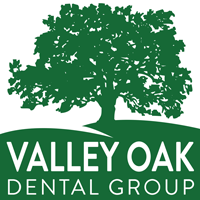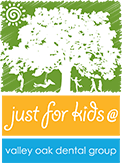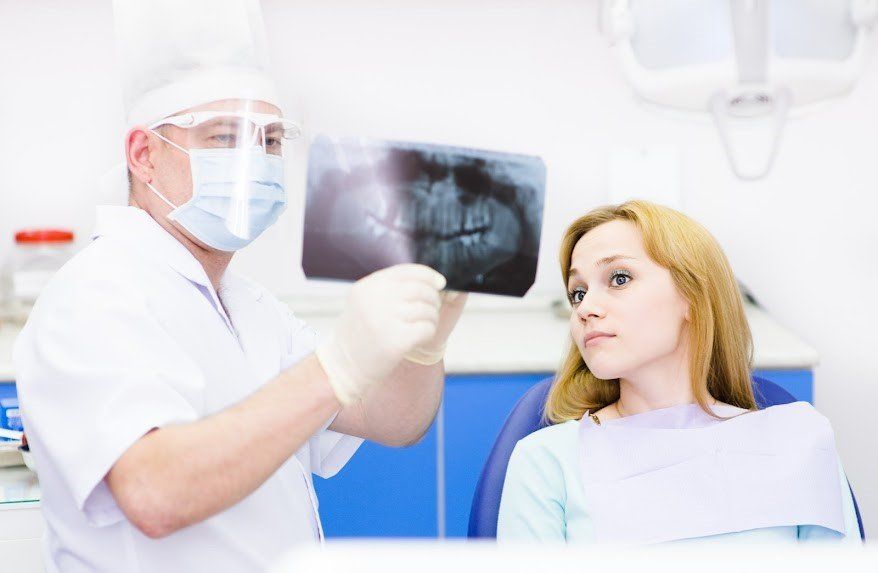Valley Oak Dental Group
There always seems to be room for improvement when it comes to your dental and oral health. Many people want to improve how their smiles look, and those who have good oral and dental health want to maintain their pearly, straight smiles.
If you’ve tried cosmetic dentistry, orthodontic care, or other dental services to improve your smile but still suffer from crooked, chipped or otherwise damaged teeth, your bad habits may be the culprit.
Below, we list six bad habits that negatively impact your dental and oral health. Read on to learn which common habits damage teeth and what you can do to break your habits and better your smile.
1. Brushing Your Teeth Too Hard
You know that you need to brush your teeth twice daily to maintain good oral health. But did you ever think that brushing could actually damage your teeth? If you brush your teeth too hard, you can cause the enamel to wear down, increase your teeth’s sensitivity to the cold, and irritate your gums.
Use gentle strokes and repetition to thoroughly clean your teeth when you brush them. Additionally, you should always use a soft-bristled toothbrush. The bristles on this kind of toothbrush are strong enough to remove plaque from your teeth, but are still soft enough that they won’t cause damage.
2. Clenching Your Teeth
Do you ever wake up in the mornings with a stiff, sore jaw or headaches? Chances are you have a condition called bruxism, or teeth grinding. Most people grind their teeth as a result of stress, anxiety, sleep apnea, or another condition.
Occasional teeth grinding or clenching won’t cause too much harm to your teeth. However, consistent grinding or clenching can wear down your teeth abnormally fast. To avoid damaging your teeth from teeth clenching or grinding, reduce your stress and anxiety levels. If another condition causes bruxism, treat that issue as soon as possible.
Sometimes, however, you may need to sleep with a night guard to protect your teeth from the effects of nighttime grinding and clenching.
3. Consuming Harmful Foods and Drinks
You don’t often think of all foods and drinks being harmful to your body. However, many foods can severely damage your teeth if you consume enough of them over a period of time. The following foods and drinks can cause damage to your smile:
- Soda
- Coffee
- Cough drops
- Gummy bears
- Lemons and other acidic fruits
- Sports drinks
- Starch foods, like potato chips
- Wine
Though consuming these foods in moderation is alright, eating and drinking them in large quantities can cause a lot of damage to your teeth. If you do eat or drink these items on a regular basis, cut back.
When you drink that glass of wine with dinner or snack on potato chips, simply rinse your mouth out with water after you’ve finished. The water will wash away remaining food particles and sugars that will harm your teeth if they stay in your mouth for too long.
4. Playing Sports Without Protective Gear
If you enjoy playing contact sports, you know you must wear protective gear to keep your body safe during each game. You should also wear protective gear over your head or in your mouth (depending on the sport) to protect your mouth and teeth from harm.
Wear mouthguards while you play to protect your teeth, tongue, gums, and mouth from damage. You should also wear headgear in sports like football and hockey to prevent serious damage. If you get hit in the face or mouth by another player or by a piece of sporting equipment, your mouthguard and other protective gear will reduce your chances for losing a tooth or severely biting your tongue.
5. Sucking on Fingers
This bad habit applies specifically to children, but if left unaddressed, sucking on fingers can cause damage that affects a child into their teens and adulthood. Once a child’s permanent teeth emerge, he or she should not suck on his or her fingers-especially the thumb.
Sucking on a thumb or on fingers can cause the teeth to misalign. When a child’s teeth become misaligned, he or she could have develop other serious issues such as breathing and chewing problems. Talk to your child’s pediatrician for tips on breaking this bad habit.
6. Using Your Teeth as a Tool
At some point or another, everyone has used their teeth as a tool. You may have used your teeth to hold a writing instrument if your hands were occupied. Maybe you used your teeth to cut tape or open up a package.
This use of your teeth can cause you to accidentally chip, crack, or otherwise damage a tooth. Though it may seem easy to use your teeth for different tasks, don’t use them improperly. Don’t use your teeth as a tool.
How to Get Started
Use the tips in this blog to break any habits that could be harming your smile. Visit your dentist regularly as well to receive biannual checkups and exams. If you want additional tips on how to break these habits or how to further improve your smile, consult with your dental expert.
Search Post
Recent Posts
Valley Oak Dental Group offers a variety of experienced dentists for your convenience. Get all your dental care in Manteca, CA with us.
Office Hours
Monday 8:00 am - 5:00 pm
Tuesday 6:00 am - 7:00 pm
Wednesday 8:00 am - 8:00 pm
Thursday 6:00 am - 5:00 pm
Friday 6:00 am - 5:00 pm
Every 3rd Saturday 8:00 am - 4:00 pm
Sunday Closed
Oral Surgery Hours Click Here
© 2023 Content, including images, displayed on this website is protected by copyright laws. Downloading, republication, retransmission or reproduction of content on this website is strictly prohibited.
Terms of Use
|
Privacy Policy
|
Disclaimer
|
Accessibility |
HIPAA
Website Built by
BROADPROXIMITY








